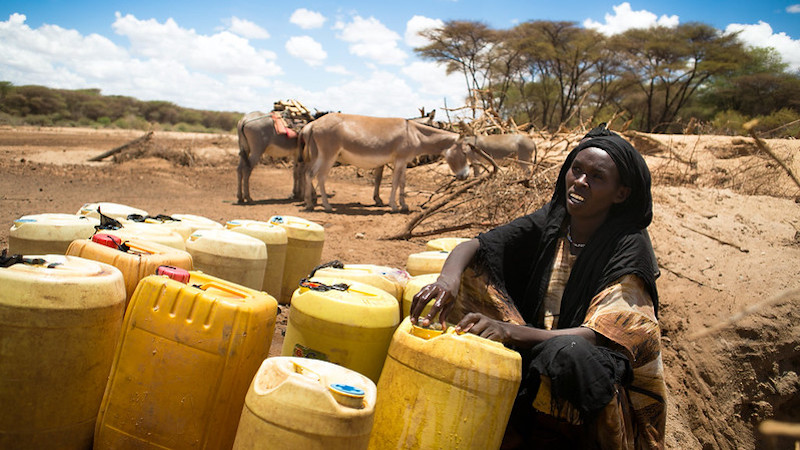Climate Home News is seeking stories on how communities on the front lines of climate change are tackling the worsening threats to their lives and livelihoods.
This is the second year we have partnered with the Climate Justice Resilience Fund (CJRF) to support original reporting that focuses on communities, mainly in developing nations, who are suffering the worst impacts of climate change even though they have contributed very little to rising greenhouse gas emissions.
The coronavirus pandemic has in many cases exacerbated inequality and vulnerability to climate extremes. With mounting debts amid Covid restrictions, many governments are struggling to meet basic needs, let alone build back better.
Articles will spotlight CJRF’s priority of “communities first hit, first to respond, and first to adapt to climate change”. We will highlight the stories of women, youth and indigenous people who are creating and sharing their own solutions for resilience.
Our climate justice reporting programme previously shone a light on Kenyan women who are claiming land rights to feed their families, indigenous women running a WhatsApp food exchange in Costa Rica and how Bangladesh’s Munda minority face extra barriers to climate adaptation.
We plan to publish 12 articles under the project, running until February 2022. We welcome stories from all around the world and will give priority to journalists from developing nations or marginalised communities.
The ideal story for us will capture the attention of our international audience with colourful or surprising details. Perhaps it contributes to an international initiative or represents a global trend. Perhaps it is financed by multinational corporations or public institutions from other countries.
Your story should combine on-the-ground reporting from affected communities, scientific evidence, innovative and rights-based solutions, and political tension or controversy.
If you are a journalist with at least three years’ experience, please send us your pitches. You must have fluent spoken and written English. It helps if you have worked with international media before and have some awareness of climate change themes.
Your pitch should explain the top line of the story and essential context in no more than 150 words. If we like the idea, we will ask for more detail. Briefly explain what sources you would interview and any travel required. All stories should include photos of the communities you are profiling and we encourage partnerships between journalists and photographers.
When pitching for the first time, tell us a bit about your journalism experience and background. Include links to one or two recent stories you are proud of.
Throughout the reporting process, editors will work closely with you to provide feedback and advice.
For transparency to our readers, each piece will note that it was produced with support from CJRF along with a link to our editorial guidelines that outline how we interact with grant makers while ensuring independence.
The budget range for each story is £1,000-1,400, to cover all reporting, photos and travel expenses. Travel costs will be negotiated in advance and reimbursed subject to valid receipts.
Please send your pitches to reporter Isabelle Gerretsen ([email protected]), who will be overseeing the programme. We will review the first pitches in late March and subsequent ideas in coming months and will publish stories until February 2022.
